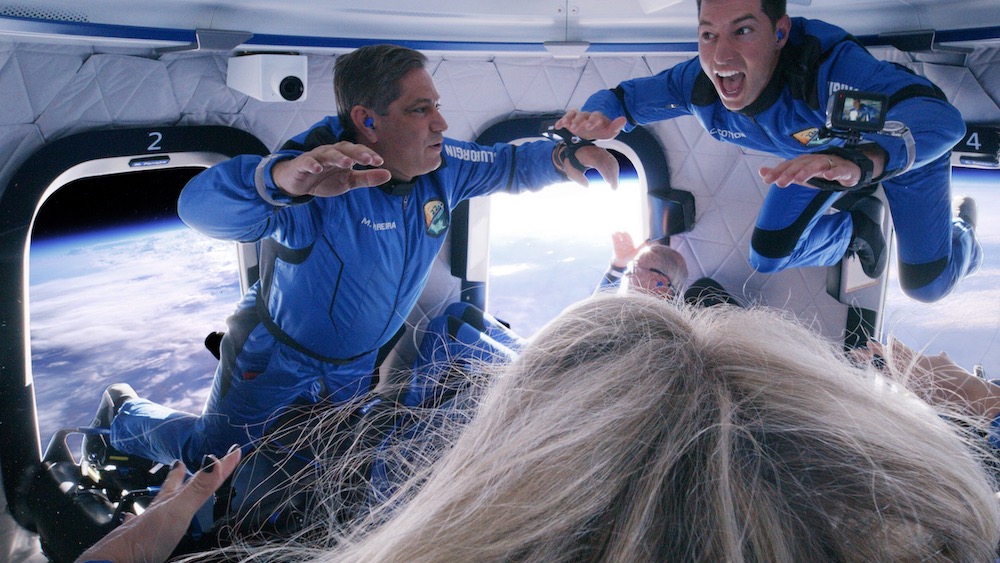
As the deadline looms for Congress to decide on the future of commercial human spaceflight regulation, most space related insiders agree the industry is at a pivotal crossroad. The current restrictions encapsulating the “learning period” that limits the Federal Aviation Administration’s ability to regulate the safety of spaceflight participants are under scrutiny. These provisions are set to expire March 8 and United States House of Representatives and Senate negotiators are in the throes of finalizing a new long term FAA reauthorization bill.
The debate centers on whether to extend this period further, with the Commercial Space Act of 2023 proposing an extension through September 2031. Proponents argue that a longer extension would provide both the industry and the government with the certainty needed for future planning. Opponents, however, believe that enough data has been collected and that it’s time for the FAA to begin crafting safety regulations to protect spaceflight participants.
Industry leaders and government officials alike have stressed the importance of safety in commercial human spaceflight. With the number of passengers traveling to space expected to increase, ensuring the highest safety standards becomes paramount as the industry is urged to proactively mitigate risks, with or without government regulations.
Join our Discord Server: Join the community with forums and chatrooms about space!
Introduced in late 2004 and extended multiple times since, the learning period was designed to give the burgeoning commercial spaceflight industry a chance to accumulate experience and data before being subjected to detailed regulatory oversight. The rationale has been to foster innovation and growth within the industry by allowing operators and the FAA to gather a wealth of data across a diverse array of vehicles and numerous launches.
The FAA has been preparing for the potential end of the moratorium, advocating for the authority to start developing safety regulations – a process expected to span several years. This preparation includes the establishment of an aerospace rulemaking committee to solicit industry input on future safety regulations. However, the timeline for these developments remains a point of contention, with no clear consensus on the best path forward, according to those involved.
As Congress deliberates on the extension of the learning period, the outcome is set to significantly impact the trajectory of commercial spaceflight in the United States. It aims to present a balancing act between fostering innovation and ensuring the safety of all spaceflight participants, marking a critical juncture for the future of space exploration and commercialization.
FTC: We use income earning auto affiliate links. More.



Comments